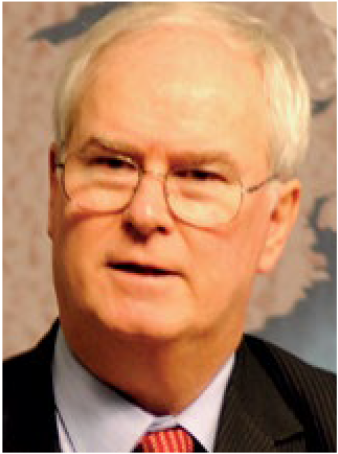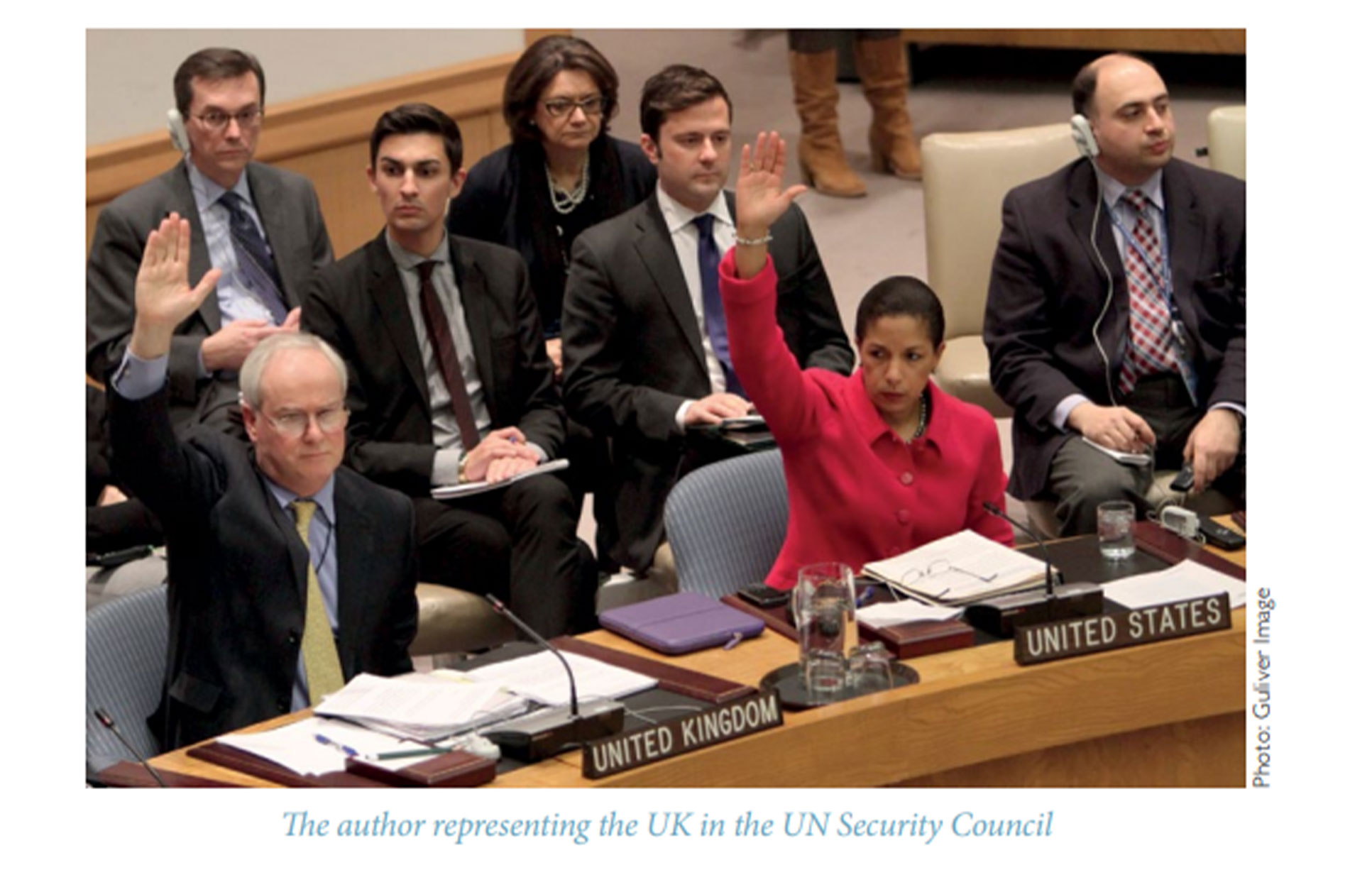 Sir Mark Lyall Grant is a Visiting Professor at King’s College London, having previously served as National Security Advisor to the Prime Minister of the United Kingdom and the country’s Permanent Representative to the United Nations. You may follow him on Twitter @LyallGrant.
Sir Mark Lyall Grant is a Visiting Professor at King’s College London, having previously served as National Security Advisor to the Prime Minister of the United Kingdom and the country’s Permanent Representative to the United Nations. You may follow him on Twitter @LyallGrant.
In May 2022, George Soros suggested that Russia’s invasion of Ukraine might be the start of World War III. I think that this is an exaggerated fear, but the invasion has certainly highlighted the fact that the current world order is under very serious threat.
It is worth recalling what Western countries mean by the rules-based international order. In the 1940s and 1950s, the victors of World War II—in practice, primarily the United States and the United Kingdom—founded new multilateral organizations, such as the United Nations, NATO, the General Agreement on Tariffs and Trade (the precursor to the WTO), the International Monetary Fund, and the World Bank. They also established regulatory regimes and standards for almost all international transactions from telecommunications and civil aviation to the environment and disarmament. Both the institutions and the norms were designed to reflect a liberal vision, based on Western values of open trade, the rule of law, and human rights. This international system was underpinned by American leadership and a brand of liberal, free trade economics that became known as the ‘Washington Consensus.’

Throughout the 40-odd years of the Cold War, the Soviet Union stayed somewhat aloof from this international order, unwilling to participate fully, but unable to seriously challenge it. Instead, it preferred to operate bilaterally when it was in its interest to do so, such as in nuclear arms limitation talks with the United States.
Then, in 1989, the end of the Cold War ushered in a 20-year golden era for the liberal international order. Eastern Europe became free and democratic. The UN Security Council had a new lease of life, mandating a large number of peacekeeping missions around the world, aimed at tackling conflicts. Similarly, the International Criminal Court (ICC) was established, as was the Human Rights Council. Women’s rights and LGBT rights were advanced; the Arms Trade Treaty was broadly agreed upon and conventions on chemical weapons and cluster munitions were signed. In addition, concepts such as Responsibility to Protect (R2P) and humanitarian intervention were proposed.
It is striking that every single one of these institutional and normative initiatives came from the West; and all of them went in a more liberal, rights-based direction.







